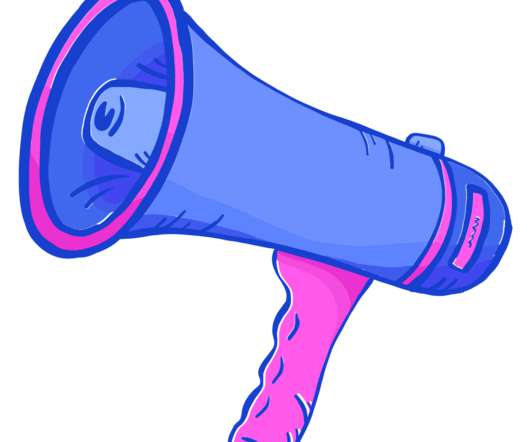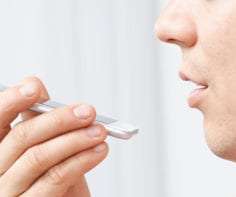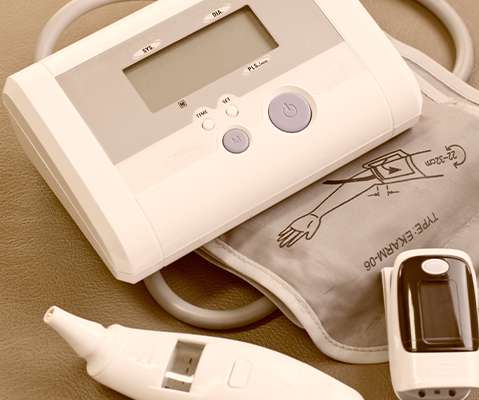Frost & Sullivan's Top 10 predictions for healthcare in 2021
Healthcare IT News - Telehealth
JANUARY 4, 2021
Remote monitoring tools and mobile health apps and services took center stage. The collective mental anguish, the loss of cherished family members, personal economic disasters, and the pressure to social distance has already increased the incidences of deep depression, anxiety, PTSD, and substance abuse. billion in the US alone.














Let's personalize your content